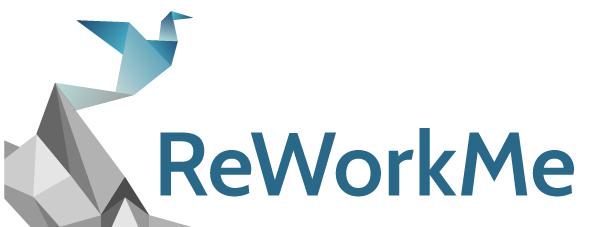You receive an email from someone you know. At the end of the email the person writes, “Let’s get together sometime.” You happen to see someone you know in the hallway or at a social engagement. After a brief chat, the person says, “We ought to get together for lunch.”
Are these invitations phony or real? My guess is that, although your acquaintance may mean well and have good intentions, it’s not a REAL invitation to get together. In our American society, this is simply a polite way of ending the encounter. Your friend or colleague may be saying, “You’re a nice person, but I don’t REALLY want to have an extended conversation with you. This short interaction has been all I really need.”
A simple way to know if someone is sincere when they invite you to “get together,” is to see if they include any details such as: 1) a topic for the future conversation, 2) a time, 3) a date, 4) a location? If they do, it’s probably a real invitation. If they don’t include any details, they’re probably politely dismissing you.
If you really want to see if they are being phony, culturally polite or sincere, simply reply, “That’s a great idea! Here’s when I’m available. Let’s set a time and date right now.” If they really have no intention of connecting with you, they will most likely reply, “Let me check my calendar and get back to you.”
The next time you conclude an encounter with someone, instead of politely dismissing the person with a less-than-credible invitation to reconnect, consider using one of the following statements to convey your sincerity. 1) “Thanks for your note. All the best to you.” 2) “It was nice to see you. I hope you have a wonderful [day, evening, etc.] 3) “I appreciate the opportunity to talk with you. Thanks for your time.”



